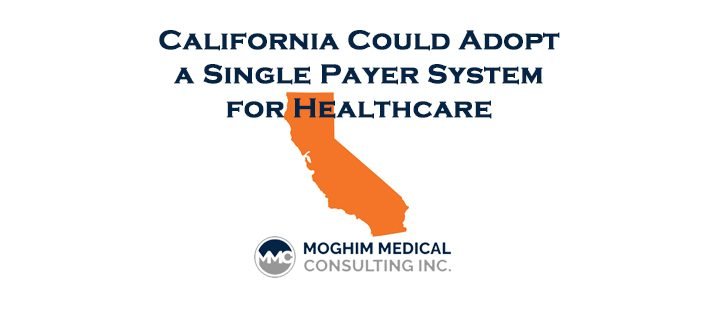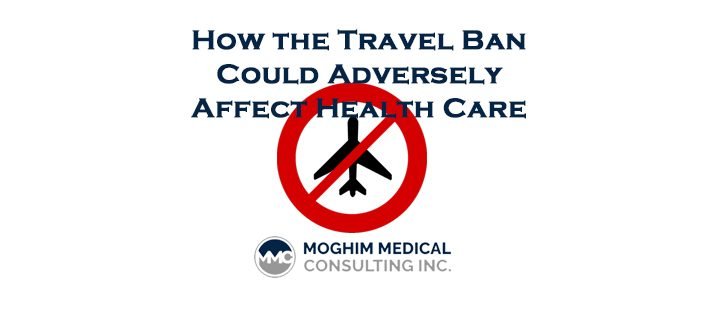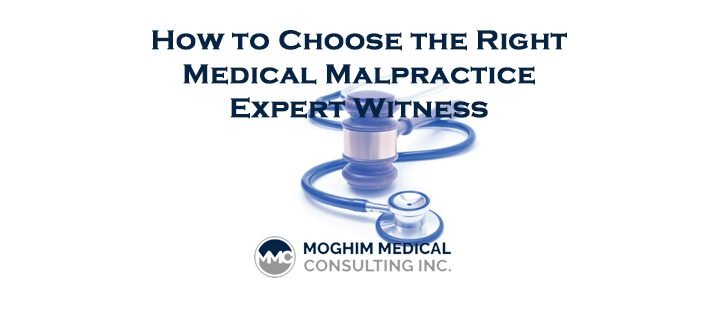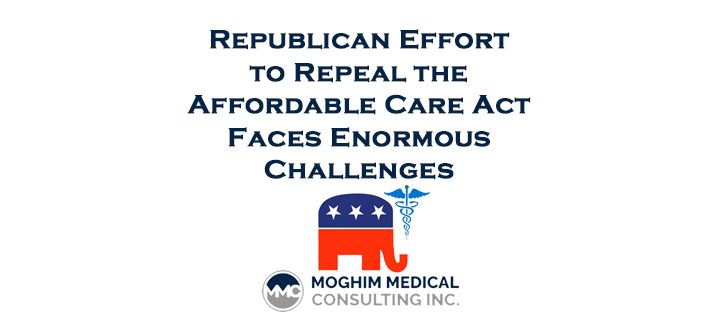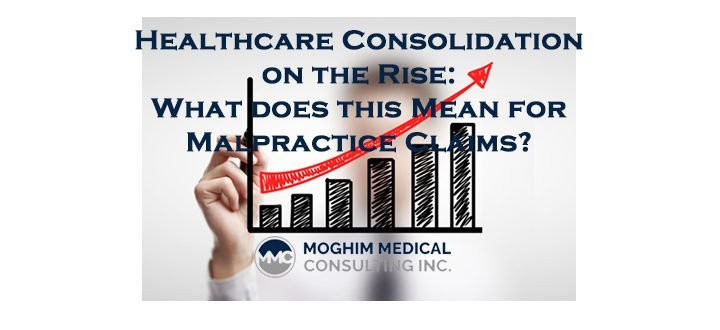
Healthcare Consolidation on the Rise: What Does This Mean for Malpractice Claims?
One of the most predominant trends of the last few years in the health care industry has been the merger of organizations, from major health insurers to regional hospitals, the enthusiasm for acquiring competitors has never been higher. While healthcare consolidation hasn’t always benefited the consumer, it has often put provider organizations in a more secure position. This is especially true with regards to malpractice claims. From 2005 to 2015, there were 409,088 medical malpractice claims filed in the United States, resulting in 148,909 payments. Almost all of these payments were the result of out-of-court settlements, as only about 0.33 percent of malpractice cases end in a trial. The average malpractice compensation for inpatient cases was $363,000, and $290,000 for outpatient cases. While malpractice litigation has had a chilling effect…

